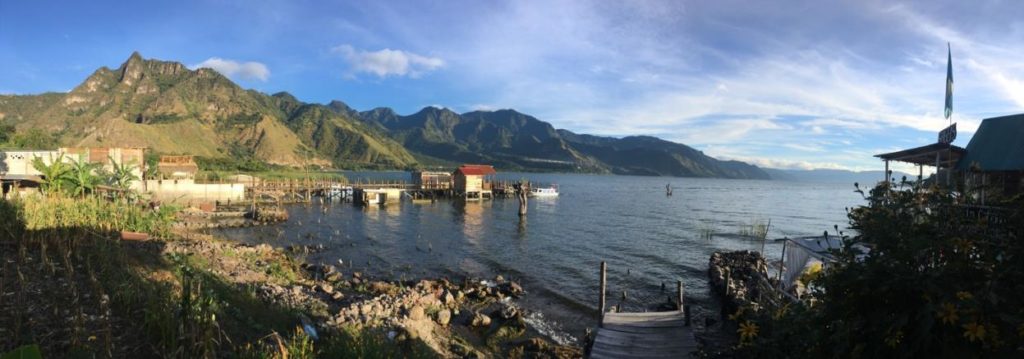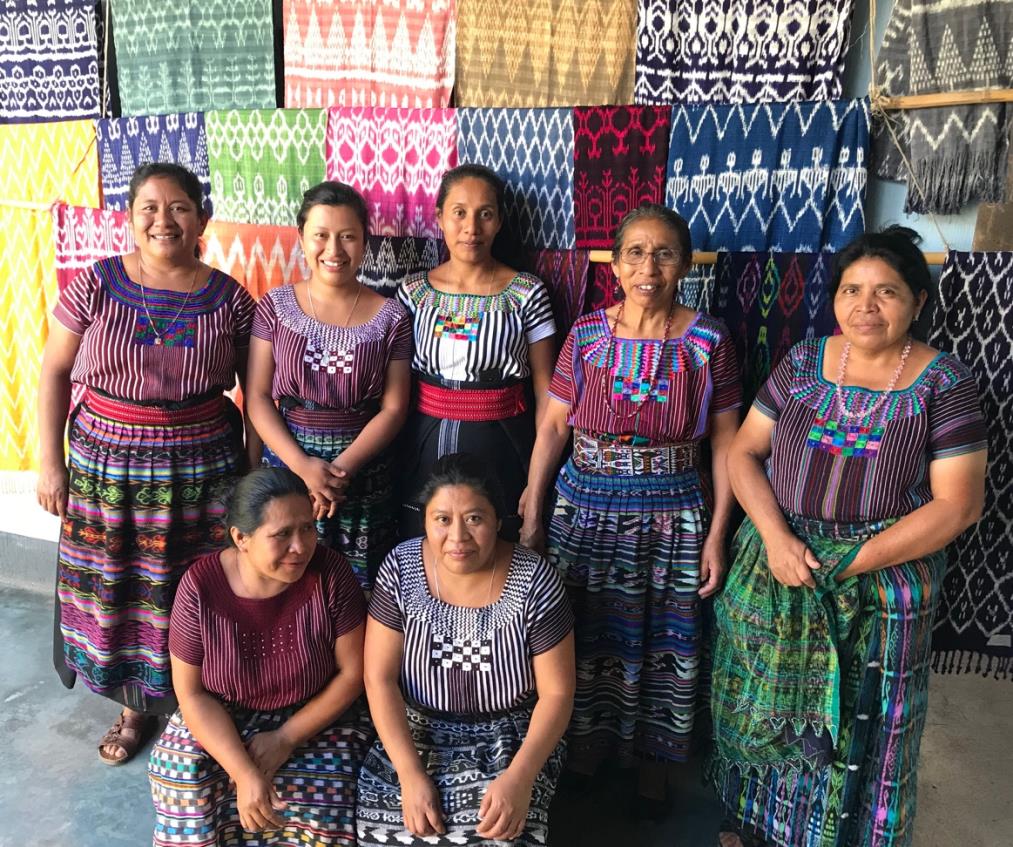Responses to Gendered Violence
A Comparative Case Study of Costa Rica and Guatemala
by Caitlin O’Quinn, Tinker Grantee; PhD candidate
Department of Political Science
My research examines responses to violence against women (VAW) with a focus on top-down laws and on-the-ground prevention strategies. I am currently exploring why a country like Guatemala, with fewer resources, lower capacity, and a troubling history of state-sanctioned violence against women, implemented more comprehensive institutional measures to address VAW than other countries like Costa Rica, which have initial conditions that were seemingly more favorable to wide-ranging reforms. I previously conducted field research for my master’s thesis project in Costa Rica where I interviewed women at cooperatives throughout the country. In my conversations with them, very often the theme of discrimination and violence with impunity was discussed by these women. This led me to explore further the legal responses to VAW enacted by the Costa Rican state and to ask why the country did not have more comprehensive laws like those in Guatemala. For this current project, funded by the Tinker Grant, I was able to travel to Guatemala to learn more about the Guatemalan state responses to VAW as well. I was particularly interested in Guatemala’s progressive and comprehensive Femicide law passed in 2008 and I wanted to study how women’s justice organizations are using this law on the ground.

To understand more about this, I conducted interviews and observations at five large women’s justice organizations in Guatemala City. I also observed proceedings at the specialized femicide courts and interviewed a lawyer who works there. Additionally, I interviewed and observed programming at two smaller, grassroots organizations working on the prevention of VAW (one in Guatemala City and one in a rural municipality). Through these interviews and observations, I was better able to get a sense of what particular work is being done to combat the violence so many women in Guatemala experience. I also learned more about the limitations of the law as described and experienced by these organizations, and I was inspired by organizations that are working tirelessly to change gender norms and prevent violence from occurring in the first place. In particular, one organization was teaching 10-week seminars called Hombres Contra Feminicidio (Men against Feminicide) to youth and adults / male and female in public schools and at the university. I was able to observe the final class in the series at the university, and afterward I asked one participant what the most important thing he learned was. He told me:
I recognize the importance of women in our environment, however, unconsciously I acted in a way that is offensive to them. Each time I received the modules of the course, I recognized that every day I practiced machismo; on the street, at work, and even at home. I did not recognize it until I became aware, and women really deserve the support of a man who values them, who respects their rights and does not abuse their trust. I thank the organization for implementing these courses as they are necessary to raise awareness in men. We love women, but we hurt them a lot. We must respect their space, their rights and support them in every activity they have, whether at home, on the street, or at work.

Another organization is doing critical work with rural, indigenous women and girls, conducting six-month and year-long workshops covering topics such as: human rights/women’s rights, financial literacy, reproductive health and family planning, delaying marriage and staying in school, and awareness raising about violence and legal options. This organization also trains community leaders, local judges, police, and service providers about the Femicide law, the cycle of violence, and how to handle cases of VAW without revictimizing survivors. Additionally, they provide free legal support to women who decide to pursue that option, accompanying them through the entire legal process. I heard many times from the organization’s staff and from the women and girls who participate in the programs how important this organization is to them and the community. One participant I interviewed told me,
Through coming to trainings I started to feel better because I was able to talk with other women. For the first time I understood that I had rights and I learned that I have value as a woman.
This field experience in Guatemala was incredibly insightful and served as the continuation of my master’s project as well as the starting point for my current PhD work. The research I conducted in Guatemala was very important in informing my larger dissertation project, which will entail an in-depth comparison of Costa Rica and Guatemala in regard to their responses to violence against women. Thanks to the Tinker grant, I was able to conduct this pre-dissertation field research in Guatemala which served as an extremely important opportunity to better understand the situation on the ground for women, and better understand what organizations are doing to implement the 2008 Femicide law and ensure survivors have better access to justice. It also allowed me to observe some of the crucial and progressive work being done to try to prevent violence from occurring in the first place, and I was able to establish critical contacts in the country, which will benefit me tremendously when I go back to do further research in the country.
